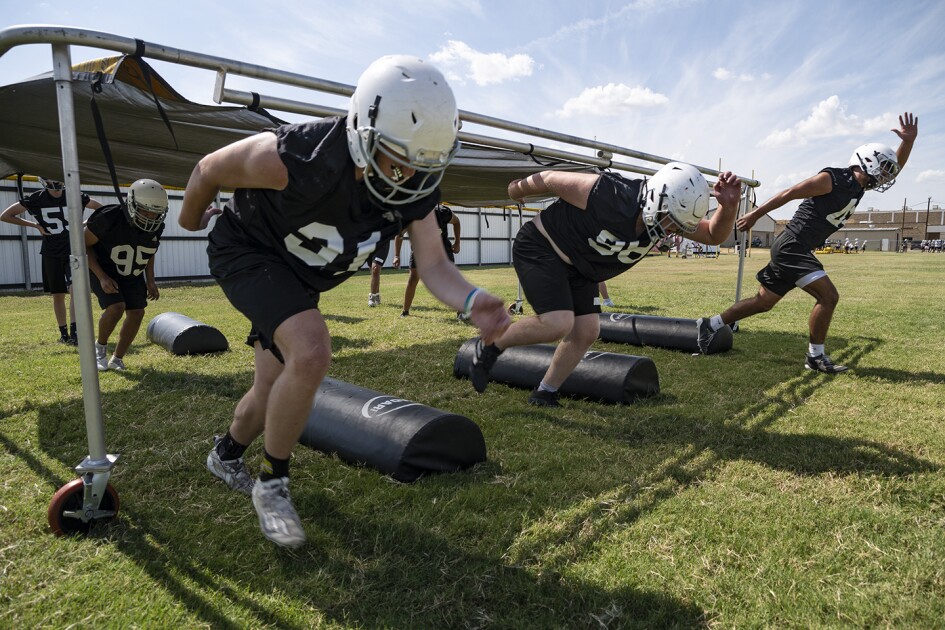Your first year of teaching is kind of like your first truly gruesome photo from a high school formal dance. The excessive hair gel, the unfortunate choice of tuxedo or dress, the slightly demented grin into the camera. We look back and laugh, but we shudder first.
Most of us wish we had selective amnesia about that first year. The various star charts, table points, and sticker systems, implemented and abandoned in the same week. The projects that started off great and then wobbled over a cliff. The times we were too nice and regretted it. The times we were too mean and regretted it even more.
I have plenty to be ashamed of from my first year, which 11 much-better years since, hasn’t managed to dim. My fashion sense, which made Pee Wee Herman look like a GQ model. The time I yelled at a student before we had even entered the building for the day, which prompted a passing parent to reprimand me with, “You don’t have to talk to her like that.” (He was right.) But of all the mistakes I made, the most profound was this:
I was more preoccupied with my day than with my kids’ day.
Nervous and elated, underprepared and overwhelmed, I was stuck in my own point of view: How was the knot in my (ghastly) tie? How loudly was I talking? Where was I standing? What did the other teachers think of my unconventional seating arrangement (slanted rows like the “council” in a sci-fi movie)?
It took me a few months to flip that focus. What mattered, I eventually realized, were questions like these: How much did the kids get to talk today? How much did they get to move around? What did they get the chance to do, think, and create?
Once I made that shift, two things happened. First, I became a lot less self-conscious. It didn’t matter if my slacks were too baggy or my voice was too high. It wasn’t about me. It was about the students.
It was about Jahlissa and Xiomara and Anthony. It was about Ivan and Carlos and Tionni.
‘Hard-Won Humility’
The second change is that my teaching got a lot better. The lecture portion of my lessons shrank from 25 minutes to five minutes, so the kids could do less passive listening and more active exploring, writing, and thinking.
I stopped thinking up all the brilliant, passionate things I would tell them. Instead, I started thinking up questions to help me discover what brilliant, passionate things they might have to tell me.
Along the way, I learned the most important lesson a teacher can learn: I really liked these kids. I liked their jokes. I liked their laughter. I liked the way even the toughest mohawked 4th grader would hold his little sister’s hand when he walked her to kindergarten.
How had I initially missed that?
I had missed it by focusing on that curse of our educational system: compliance. I had missed it by seeing these 32 4th graders primarily in terms of their obedience to or disruption of my many rules. I missed it by asking one-dimensional questions that had a single right answer, instead of good questions that made me truly curious to hear what the kids would say.
I missed it by lingering in that self-centered state that gets knocked out of you once you become a teacher or a parent and realize that it’s no longer about you.
Teachers lose a lot once we make that shift. We lose sleep. We lose time for our interests and hobbies. We lose about 50 pounds of ego.
But we gain something, too. We gain a delight in our students’ company. We gain gratitude for the honor inherent in being the only teacher that child will ever have for 4th grade or sophomore English or kindergarten. And we learn that no matter how skilled we may become at teaching, no matter how much we impart in a given year, the kids will always teach us more than we teach them.
There is a hard-won humility in that lesson. There’s a blessing, too.







